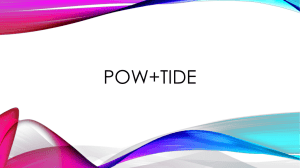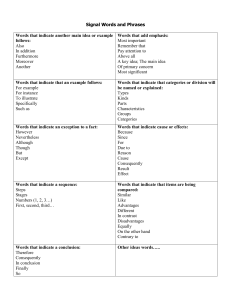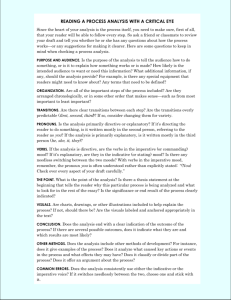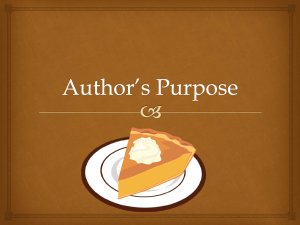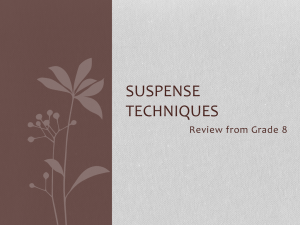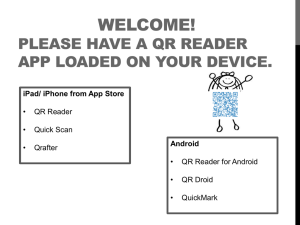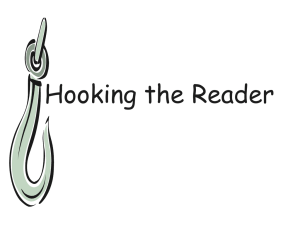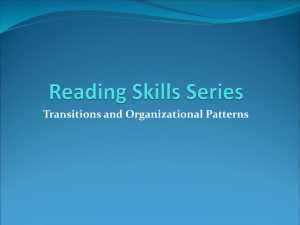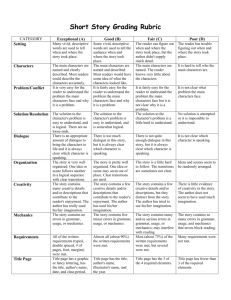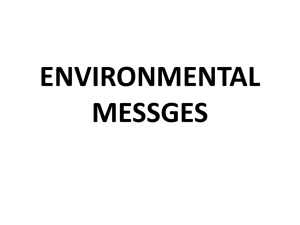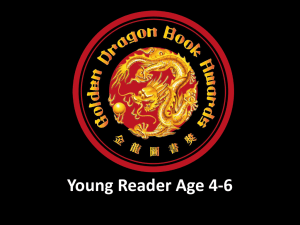Transitions
advertisement
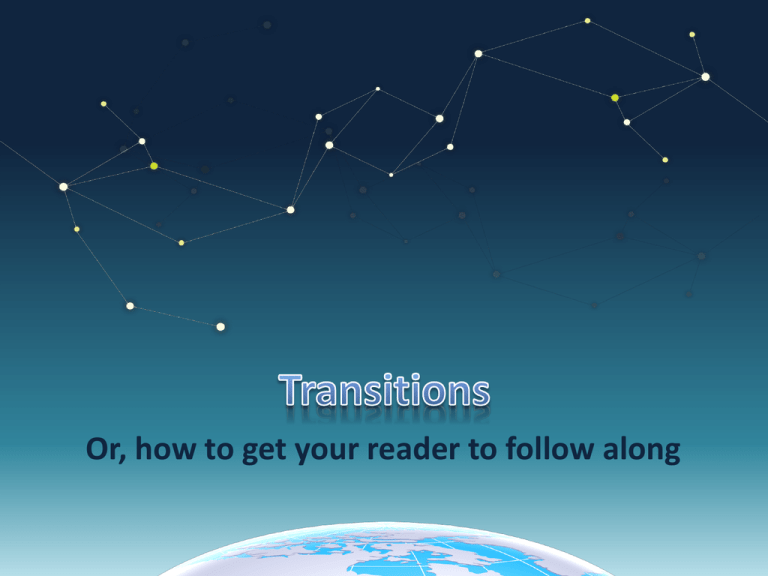
Or, how to get your reader to follow along • Transitions work like bridges or a well worn path through a park; they show the reader where your essay is going and makes it easier to follow along. • Since transitions can help tie paragraphs together, sometimes it’s effective to repeat a key word or phrase. • Original: Overall, Management Systems International has logged increased sales in every sector, leading to a significant rise in thirdquarter profits. Another important thing to note is that the corporation had expanded its international influence. • Revision: Overall, Management Systems International has logged increased sales in every sector, leading to a significant rise in thirdquarter profits. These impressive profits are largely due to the corporation's expanded international influence. • Different transitional phrases have different meanings or contexts • Each context leads the reader to a certain conclusion • Be cautious in your use so that you don’t mislead your reader. • When you are going to be adding a new idea to a previous one. – And, again, and then, besides, equally important, finally, furthermore, nor, too, next, lastly, what’s more, moreover, in addition, first (second, etc) • When you are going to be examining the similarities/differences between a previously presented idea and a new idea – whereas, but, yet, on the other hand, however, nevertheless, on the contrary, by comparison, where, compared to, up against, balanced against, vis a vis, but, although, conversely, meanwhile, after all, in contrast, although this may be true • When you are going to prove a point, usually by providing a solid example: – because, for, since, for the same reason, obviously, evidently, furthermore, moreover, besides, indeed, in fact, in addition, in any case, that is • Use these words when showing how something is a unique case, different from the rest: – yet, still, however, nevertheless, in spite of, despite, of course, once in a while, sometimes • These words are particularly effective when writing narratives: – immediately, thereafter, soon, after a few hours, finally, then, later, previously, formerly, first (second, etc.), next, and then • When you want to emphasize an idea through repetition: – in brief, as I have said, as I have noted, as has been noted • To add particular strain or stress on an idea: – definitely, extremely, obviously, in fact, indeed, in any case, absolutely, positively, naturally, surprisingly, always, forever, perennially, eternally, never, emphatically, unquestionably, without a doubt, certainly, undeniably, without reservation • Useful for showing Process, or the order/steps necessary to complete a task: – first, second, third, and so forth. A, B, C, and so forth. next, then, following this, at this time, now, at this point, after, afterward, subsequently, finally, consequently, previously, before this, simultaneously, concurrently, thus, therefore, hence, next, and then, soon • Self explanatory, yes? – for example, for instance, in this case, in another case, on this occasion, in this situation, take the case of, to demonstrate, to illustrate, as an illustration, to illustrate • To wrap up an argument or idea: – in brief, on the whole, summing up, to conclude, in conclusion, as I have shown, as I have said, hence, therefore, accordingly, thus, as a result, consequently – Be careful using these to set off your conclusion paragraph. It can go from a useful transition to a cliché. (Thus/For example/ Besides), if you install low-flow showerheads and watersaving toilets, your household can save dozens of gallons of water a day. We want For Example, because that’s what this sentence is doing: giving an example that would relate to the previous idea. • Many people resist such measures because they think that these inventions do not work as well as the old models. (Consequently/ Therefore/ On the contrary), because of technological advances, today’s waterconserving showers and toilets work surprisingly well. We want “On the contrary” because it shows the contrast relationship. • You want your reader to have an easy time reading your writing and not to have to struggle through to make the connections. • I sometimes tell students who struggle with transitions to assume your reader is slightly stupid and you have to walk them through your essay. • This is what transitions accomplish.
